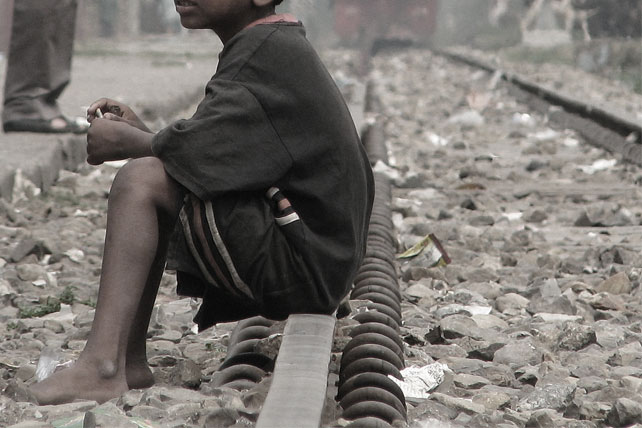At least 131 people have been publicly killed for alleged drug offences in Bangladesh in the past three weeks, with the country’s leaders lending their support to the approach.
The grisly death toll of Bangladesh’s drug war has been rapidly increasing since May 15, when the country’s law enforcement began publicly shooting people to death for alleged drug offences. While the killing of two people on June 3 brings the total number of deaths to 131, activists fear that the true figure may be considerably higher due to the lack of reporting of people killed while in custody.
A human rights advocate speaking to The Quint said that the police, and the elite Rapid Action Battalion (RAB) policing unit, “are killing off 10-12 people every night; it is proving very difficult to keep count. [These are] just people who are facing summary execution. [Likely] more people are dying in detention and we have no way of counting that now”.
The slaughter has received apparent support from Prime Minister Sheikh Hasina, who led the country between 1996 and 2001, and from 2009 to the present day. Hasina has compared her drug policy plans to the country’s war on terror, which has seen countless people detained or killed for alleged crimes; "there was a social movement against militancy; like that we want another social movement against drugs". She has pledged that the war will continue until all drug "godfathers" have been killed or incarcerated; “you all know very well what I start, I finish — this too I shall see through to the end”.
The prime minister’s support for the approach has been echoed by Home Minister Asaduzzaman Khan who warned that “this war will continue until we bring [drugs] under complete control”. He denounced those already killed as “not good people”, and said there was “no question” that they sold illegal drugs.
Khan’s claims differ considerably from the remarks made by relatives of those killed.
Relatives of Habibur Rahman, a 42 year-old man who was shot to death by the RAB in May for alleged involvement with drugs, claim he was killed because of his activism for an opposition political party,
“[He] was taken after he came out from the mosque. He was killed in custody,” an anonymous family member told the Telegraph, “He was neither a drug seller nor a drug [user]. It was because he was involved in politics against the government and protested about land affairs.”
On May 26, the RAB killed local councillor Akramul Haque – who they allege was involved in the drug trade – in a "gunfight". But Haque’s wife later produced an audio recording which suggests that the local leader faced a summary execution. The government says it is now investigating Haque’s killing.
The Bangladesh killings have been compared to those taking place in the Philippines, where an estimated 12,000 people have been killed for alleged involvement with drugs since July 2016.
The recent violence comes amid increasingly heated rhetoric around drugs in Bangladesh. In April, authorities proposed legislative reform that would allow the state to execute people for selling methamphetamine. While such a legal change has yet to take place, it appears that law enforcement have taken matters into their own hands. With tacit support from the country’s leaders, there seems to be little end in sight for Bangladesh’s slaughter of people for alleged drug offences.


